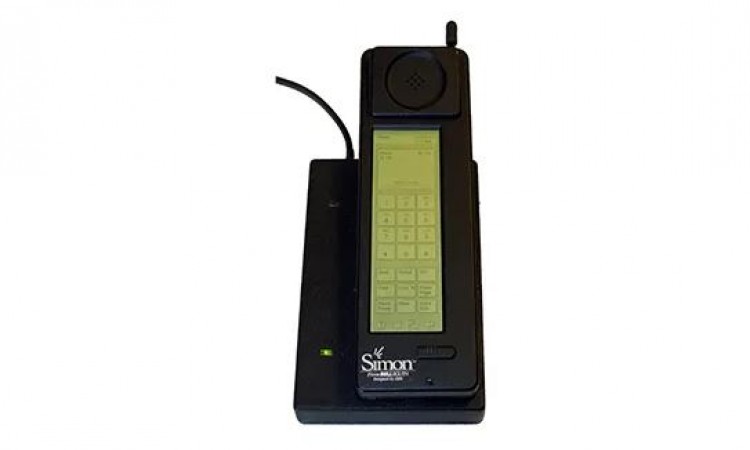
Introduction
In the rapidly evolving landscape of technology, smartphones have become an integral part of our lives, seamlessly connecting us to the digital world. The history of smartphones dates back to the early 1990s when the world witnessed a groundbreaking innovation in the form of the IBM Simon. Introduced in 1994, the IBM Simon holds the distinction of being the world's first smartphone, laying the foundation for the advanced mobile devices we rely on today. This article delves into the fascinating journey of the IBM Simon, highlighting its pioneering features and the lasting impact it has had on the smartphone industry.
1. The Birth of the IBM Simon: A Revolutionary Smartphone
The year 1994 marked a turning point in the history of telecommunications as IBM introduced the world to the IBM Simon, a device that revolutionized the concept of mobile communication. Developed by a team led by Frank Canova, the IBM Simon was a visionary creation that combined the functionalities of a mobile phone with features that were previously exclusive to personal digital assistants (PDAs). It was a pivotal moment that paved the way for the future of smartphones.
2. Key Features of the IBM Simon
The IBM Simon boasted an array of groundbreaking features that were far ahead of its time. This innovative device incorporated a touchscreen interface, allowing users to interact with the phone using their fingertips. With its vibrant monochromatic display, the IBM Simon provided a user-friendly experience.
The device also offered email capabilities, enabling users to send and receive messages on the go. This feature opened up new possibilities for mobile communication and set a precedent for future smartphones. Additionally, the IBM Simon featured a calendar function, allowing users to manage their schedules effectively.
3. Impact and Influence on Modern Smartphones
The introduction of the IBM Simon laid the foundation for the development of modern smartphones. Its pioneering features and capabilities inspired subsequent innovations in the industry. The touchscreen technology integrated into the IBM Simon became a cornerstone of smartphone design, leading to the widespread adoption of touchscreens in the years to come.
Furthermore, the inclusion of email capabilities on the IBM Simon marked the beginning of mobile email, which has become an essential aspect of modern communication. The concept of a digital calendar on a portable device was also trailblazed by the IBM Simon, shaping the way we organize our lives through smartphones today.
4. The Legacy of the IBM Simon
Although the IBM Simon was not a commercial success due to factors such as its high price and limited network coverage, its impact on the smartphone industry is immeasurable. It paved the way for the development of mobile technology and sparked a wave of innovation that continues to this day.
The IBM Simon proved that a device could be more than just a phone; it could be a portable personal assistant, a communication hub, and a window to the digital world. Its influence can be seen in the design, functionality, and capabilities of modern smartphones that have become an indispensable part of our daily lives.
Conclusion
The IBM Simon holds an esteemed place in the history of technology as the world's first smartphone. Its introduction in 1994 marked a groundbreaking moment that revolutionized mobile communication. With its touchscreen interface, email capabilities, and calendar function, the IBM Simon set the stage for the future of smartphones. While its commercial success was limited, its impact on the industry and the subsequent development of smartphones cannot be overstated.
Cheetahs: The Speed Demons of the Animal Kingdom
IIT Madras offers online course on construction tech and management.